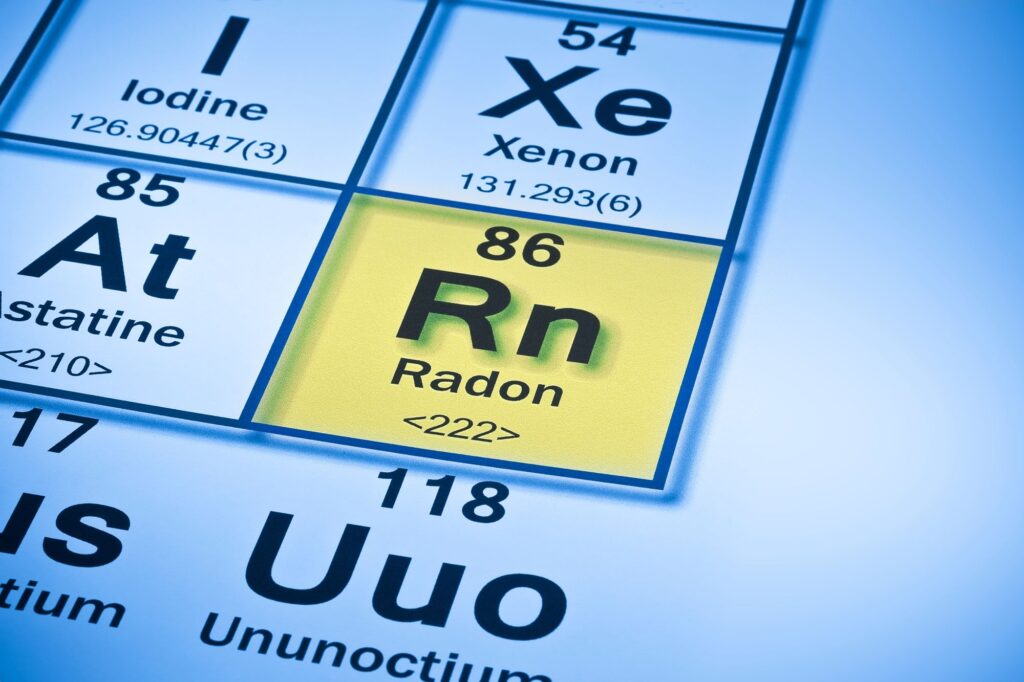A new action plan launched by the Welsh Government aims to tackle high levels of PM10 from steelworks and road traffic in Port Talbot
The Welsh Government would have the power to suspend the environmental permits of steelworks exceeding air pollution levels in Port Talbot under measures outlined a new air quality action plan.
Published yesterday (June 20) by the Welsh Government, the ‘Clean Air for Port Talbot Short-Term Action Plan’ outlines a number of possible measures to tackle particulate matter PM10 issues in the South Wales town. It follows a 12-week consultation on the plan which took place last year (see airqualitynews.com story).
Aerial photograph of the Neath Port Talbot county borough council Air Quality Management Area for Taibach/Margam outlined in redThe Air Quality Standards (Wales) Regulations 2010 state that a Short-Term Action Plan (STAP) may be drawn up where there is a risk that any of the limit values for a number of air pollutants will be exceeded.
According to a Welsh Government spokesman, Port Talbot has a history of high air pollution levels — particularly for particulate matter PM10 — which are “generally as a result of the industrial nature of the area and emissions from road transport”.
He said: “The Welsh Government’s action plan acknowledges that whilst air quality in Port Talbot has significantly improved in recent years there is still room for improvement.”
According to the new plan, air pollution levels will be monitored at steelworks in the area and should an exceedance occur, the results from similar monitors across South Wales and beyond would be assessed to establish whether it has been caused locally or by other external factors.
It states: ‘If only local monitors are affected, the steelworks will launch an investigation and check whether any of their work or that of contractors could be causing the problem. If they are responsible, they may modify their site activities.’
The Welsh Government may then also direct Natural Resources Wales or Neath Port Talbot county borough council to take action against the steelworks, which could include the suspension of environmental permits.
The council drew up its own Air Quality Action Plan (AQAP) covering the Taibach and Margam area of Port Talbot in 2002 due to exceedances of objectives for PM10. However, the Welsh Government’s new plan updates the council’s AQAP as it ‘recognises the limitations of the council’s powers in directly controlling the emissions from Port Talbot steelworks’, which is ‘mainly the responsibility of Natural Resources Wales’.
Suppressants
Further actions outlined include directions for Natural Resources Wales to encourage both the steelworks and the council to use chemical suppressants on roads, with consideration given to trialling calcium magnesium acetate (CMA).
CMA acts as a ‘glue’ to trap particulate matter and has been trialled in London. However, the EU is investigating the UK’s use of the suppressant following suggestions that it was used to reduce pollution readings at monitoring sites (see airqualitynews.com story).
In addition, the document states that the Welsh Government may also consider installing an average speed enforcement on the M4 through Port Talbot with the aim of ensuring a smooth flow of traffic.
Welsh Government minister for natural resources and food, Alun Davies, said: “We know that air quality can have a real impact on the health and well-being of our communities.
“That is why we are taking action to improve air quality across Wales, and why in areas where we know there is an issue, we have pledged to be very clear on the short term actions we will take to improve matters.”
The new short-term plan replaces the previous 2008 plan. The Welsh Government said it has revised the 2008 plan because “our understanding of air pollution in Port Talbot has changed”.












Leave a Reply